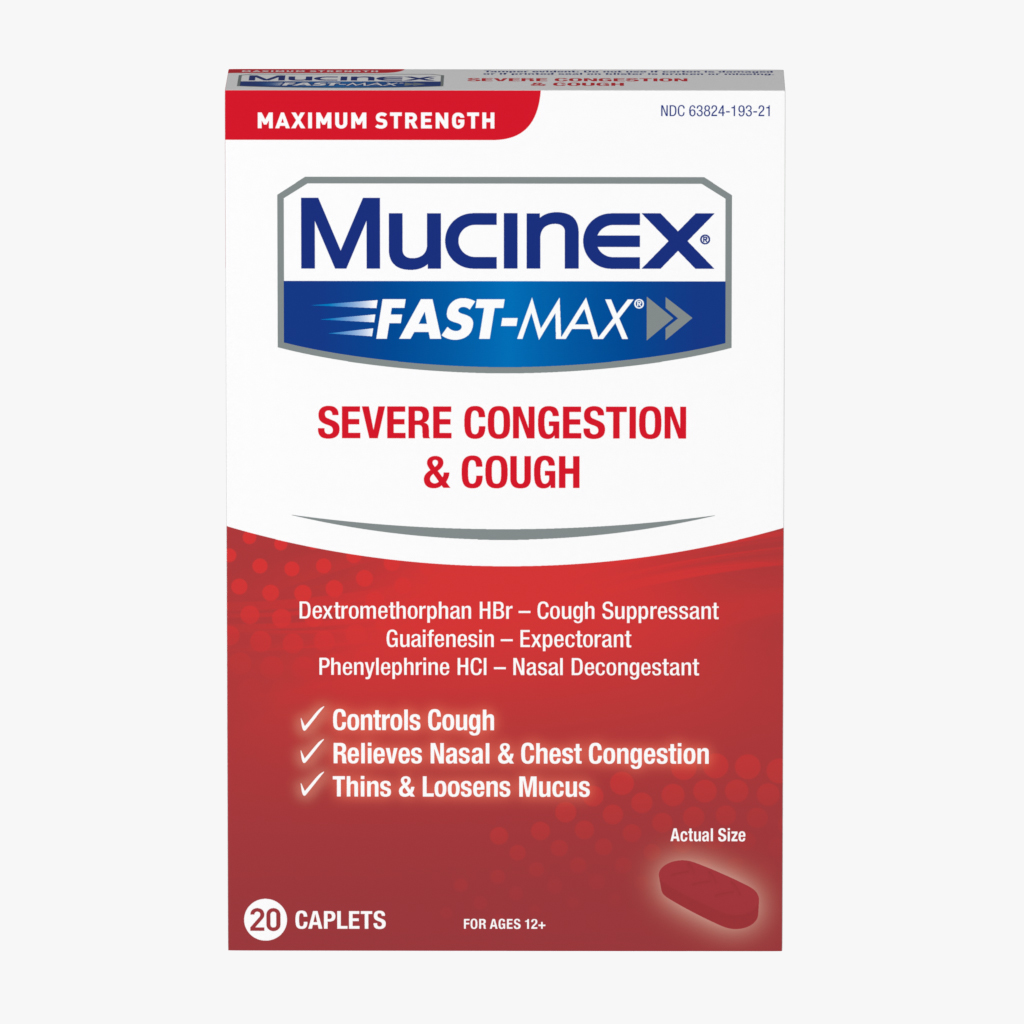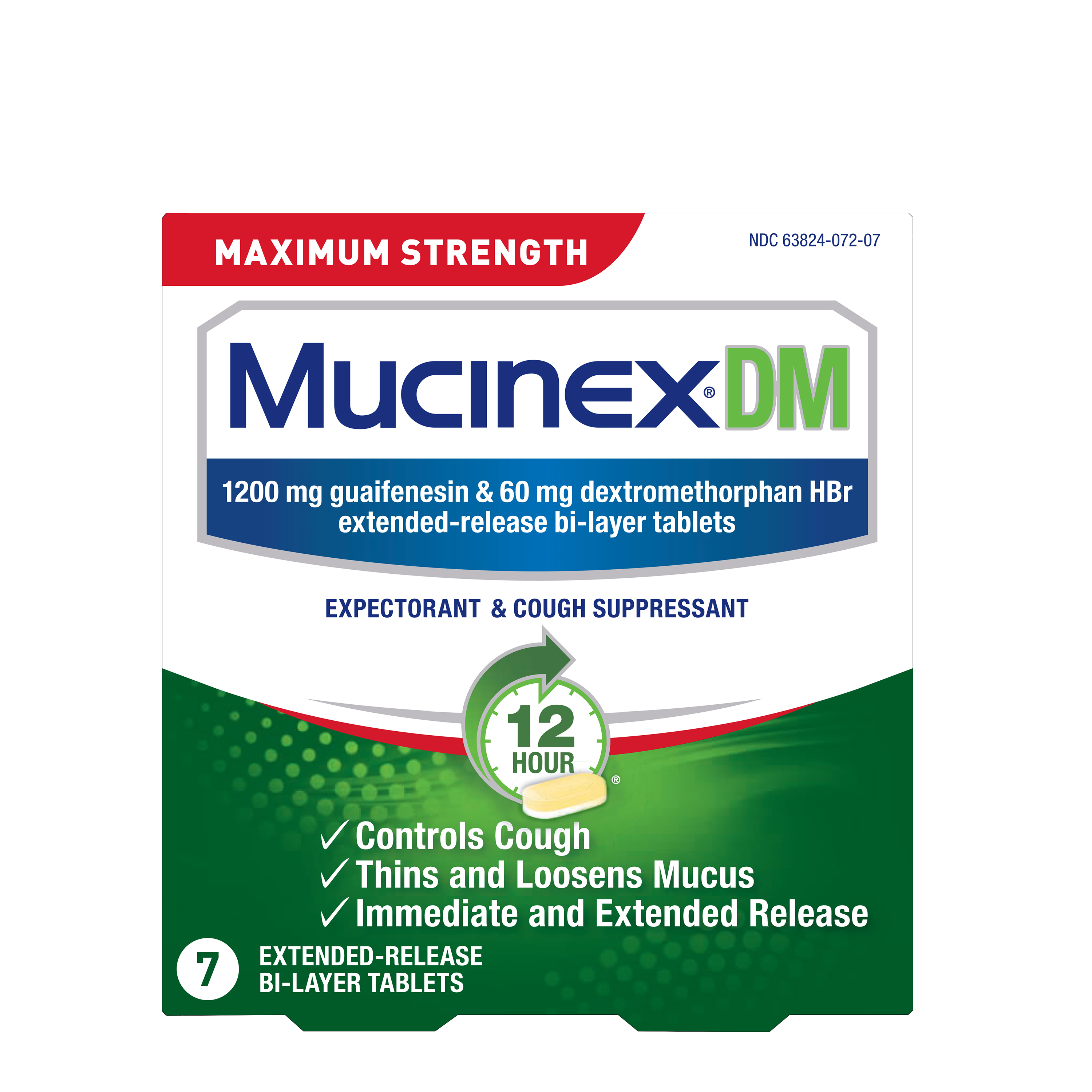Amoxicillin and Mucinex: Navigating the Landscape with Expert Guidance
When battling a cold, flu, or sinus infection, finding the right combination of medications can feel like navigating a complex maze. Two common players in this arena are amoxicillin, an antibiotic, and Mucinex, an over-the-counter expectorant. Understanding their individual roles and how they might interact is crucial for effective treatment and avoiding potential complications. This article, informed by medical best practices, will delve into the nuances of amoxicillin and Mucinex, providing you with a comprehensive overview. It’s important to remember that this is for informational purposes only and does not constitute medical advice. Always consult with your doctor or healthcare provider for personalized guidance.
The Role of Amoxicillin: Fighting Bacterial Infections
Amoxicillin is a penicillin-based antibiotic, meaning it combats bacterial infections. It works by interfering with the bacteria’s ability to build cell walls, ultimately leading to its destruction.
- What it Treats: Amoxicillin is primarily prescribed for bacterial infections, including:
- Respiratory Infections: Such as pneumonia, bronchitis (when bacterial), and sinusitis (when bacterial).
- Ear Infections: Otitis media (middle ear infection).
- Skin Infections: Certain types of skin infections.
- Urinary Tract Infections (UTIs).
- Important Considerations:
- Antibiotic Resistance: Overuse of antibiotics can contribute to antibiotic resistance, making infections harder to treat in the future. Amoxicillin should only be taken when prescribed by a doctor.
- Side Effects: Common side effects include nausea, vomiting, diarrhea, and skin rashes. Serious allergic reactions, though rare, are possible. Report any concerning symptoms to your doctor immediately.
- Not Effective Against Viruses: Amoxicillin does not treat viral infections like the common cold or influenza. Taking an antibiotic for a viral illness is ineffective and can contribute to antibiotic resistance.
Understanding Mucinex: Clearing Congestion
Mucinex, containing the active ingredient guaifenesin, is an expectorant. It works by thinning and loosening mucus in the airways, making it easier to cough up and clear congestion.
- How it Works: Guaifenesin increases the water content of the mucus, making it less thick and sticky. This helps to relieve chest congestion and coughs associated with excess mucus.
- Uses: Mucinex is commonly used to treat symptoms of:
- Colds: Relieving chest congestion and coughs.
- Flu: Helping to manage congestion.
- Bronchitis: (Often used to help with mucus)
- Sinus Infections: (Used to help with mucus)
- Side Effects: Mucinex is generally well-tolerated. Common side effects are mild and may include:
- Nausea
- Vomiting
- Headache
Can You Take Amoxicillin and Mucinex Together? A Doctor’s Perspective
Generally, yes, it is often safe to take amoxicillin and Mucinex together. They address different aspects of an illness: amoxicillin targets a bacterial infection (if present), while Mucinex helps relieve congestion. However, the decision of whether to combine these medications should always be made in consultation with a doctor.
- Why a Doctor’s Input is Crucial:
- Diagnosis: A doctor can accurately diagnose the underlying cause of your symptoms (bacterial, viral, or other) and determine if amoxicillin is necessary.
- Dosage: The doctor will prescribe the correct dosage of amoxicillin based on your weight, the type of infection, and other medical factors.
- Potential Interactions: While generally safe, your doctor can assess for any potential interactions with other medications you may be taking.
- Monitoring: Your doctor can monitor your progress and adjust treatment as needed.
Important Considerations When Combining Medications
- Timing: There are generally no restrictions on when to take amoxicillin and Mucinex in relation to each other. Follow your doctor’s or pharmacist’s instructions.
- Hydration: Staying hydrated is crucial when taking both medications. Drinking plenty of fluids helps thin mucus and supports the effectiveness of both drugs.
- Over-the-Counter Medications: Always inform your doctor about all medications and supplements you are taking, including over-the-counter drugs like Mucinex, to avoid potential interactions.
- Report Side Effects: Immediately contact your doctor if you experience any concerning side effects while taking either medication.
Frequently Asked Questions (FAQs)
1. Can I take amoxicillin for a cold?
No, amoxicillin is not effective against the common cold, which is caused by a virus. Amoxicillin is an antibiotic used to treat bacterial infections. Taking it for a viral illness will not help and could contribute to antibiotic resistance.
2. How long should I take amoxicillin?
The duration of amoxicillin treatment depends on the type and severity of the infection. Always follow your doctor’s instructions and complete the full course of antibiotics, even if you start feeling better.
3. Are there any foods or drinks I should avoid while taking amoxicillin?
There are no specific foods or drinks to avoid while taking amoxicillin. However, it’s generally advisable to avoid excessive alcohol consumption, as it can potentially worsen some side effects, such as nausea.
4. Can I give my child amoxicillin and Mucinex?
The use of amoxicillin and Mucinex in children should always be under the guidance of a pediatrician. Dosage and suitability vary depending on the child’s age, weight, and medical condition. Consult your child’s doctor before administering any medication.
5. What should I do if I miss a dose of amoxicillin?
If you miss a dose of amoxicillin, take it as soon as you remember. However, if it is almost time for your next dose, skip the missed dose and continue with your regular schedule. Do not double the dose to make up for the missed one.
Conclusion: Partnering with Your Healthcare Provider
The decision to take amoxicillin and Mucinex, either alone or in combination, should always be guided by your healthcare provider. These medications serve different purposes, with amoxicillin targeting bacterial infections and Mucinex aiding in congestion relief. By understanding their individual roles, potential interactions, and always seeking professional medical advice, you can make informed decisions to manage your symptoms effectively and prioritize your overall health. Remember to communicate openly with your doctor, report any concerns, and adhere to their recommendations for the best possible outcome.




